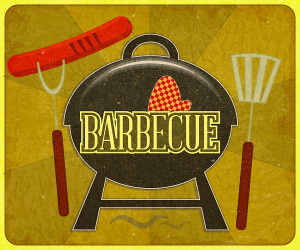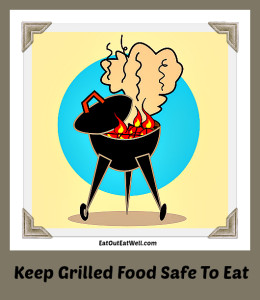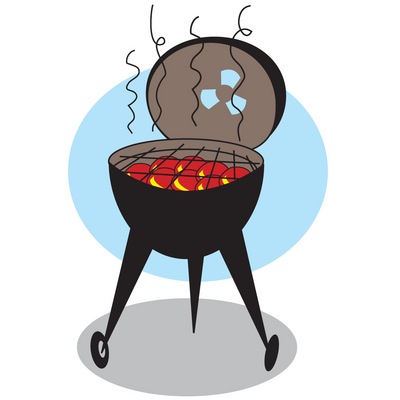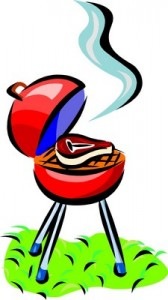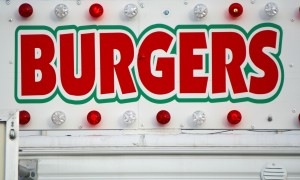It’s the start of the summer barbecue season and the accompanying temptation of a table loaded with delicious food.
Here’s three easy tips to help avoid overeating:
1. If you’re full, stop eating and clear your plate right away. If a plate with food on it sticks around in front of you, you’ll keep picking at what’s on it until there’s nothing left. An exception – a study has found that looking at the “carnage” – the leftover bones from barbecued ribs or even the number of empty beer bottles – can serve as an “environmental cue” to stop eating.
2. Do you really need to stand in front of the picnic table, kitchen table, or barbecue? The further away from the food you are the less likely you are to eat it. Don’t sit or stand where you can see the food that’s calling your name. Keep your back to it if you can’t keep distant. There’s just so much control you can exercise before “see it = eat it.” If staying near the food gets to be too much, go for a walk, a swim, or engage someone in an animated conversation. It’s pretty hard to shove food in your mouth when you’re busy talking.
3. Before you grab some tasty ribs, dogs, burgers or pie — ask yourself if you really want it. Are you hungry? Is it worth the calories? Odds are, the tempting display of food in front of you is visually seductive – and may smell great, too — but you’re reaching out to eat what’s in front of you for reasons not dictated by your stomach but by your eyes. Have you decided that you want to splurge on something specific? Try picking it ahead of time and commit to your choice so you don’t find yourself wavering in the face of temptation.
